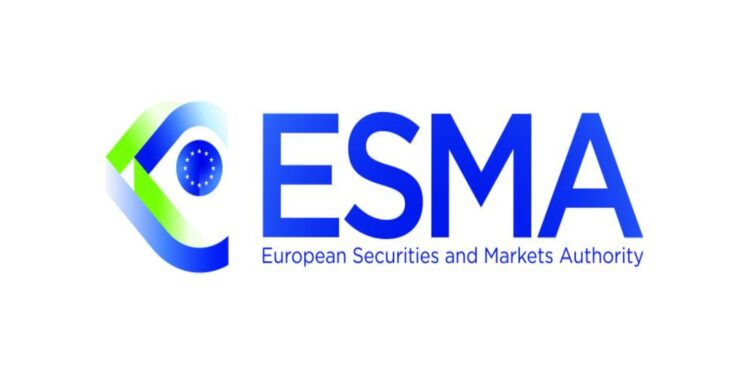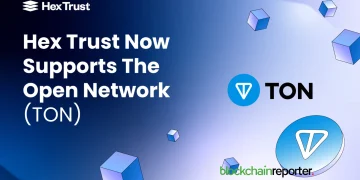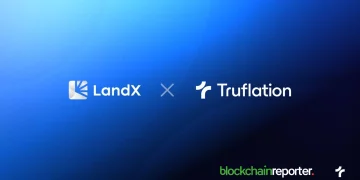The cryptocurrency ecosystem has been buzzing with developments, and decentralized finance (DeFi) stands tall among the most discussed topics.
As DeFi garners attention for its potential and the risks it encapsulates, the European Securities and Markets Authority (ESMA) – the European Union’s sentinel for financial markets and securities – has weighed in, offering keen insights into the budding domain.
In an era where financial operations are increasingly becoming decentralized, understanding and regulating such platforms is of paramount importance. ESMA’s recent publications delve deep into the DeFi space, emphasizing its growth, the perils it poses, and the potential it promises.
Decentralized Finance: A Double-edged Sword
DeFi, in all its glory, isn’t without challenges. ESMA’s exploration into the sector’s developments and risks for the EU paints a picture of a domain fraught with perils, especially for investors.
The speculative nature of many DeFi ventures combined with notable operational and security vulnerabilities raises eyebrows. Although the concerns around financial stability are currently muted due to DeFi’s relatively modest size, ESMA recommends a vigilant eye.
As of June 2023, the Total Value Locked (TVL) in DeFi protocols stood at a respectable USD 45 billion. While this might seem substantial, it’s a mere drop in the ocean, accounting for less than 4% of the complete crypto-assets market capitalization. Yet, its potential for disruption and the risks it brings to the table have made it a focal point for regulators worldwide.
Unpacking the World of Smart Contracts
Beyond the high-level view of DeFi, ESMA delves into the granular aspects – smart contracts. The methodology ESMA introduces for categorizing smart contracts is both innovative and necessary.
By focusing on the source code and topic modeling, ESMA hopes to achieve a nuanced comprehension of DeFi, eventually identifying the associated risks more effectively.
Over time, ESMA has discerned five primary smart contract categories and has been keeping tabs on their evolution. There’s a marked difference in the deployment of smart contracts between two primary surges, namely 2017-2018 and 2021-2023.
This distinction underscores the increased complexity and interconnectedness of protocols, indicative of DeFi’s maturation and evolution.























